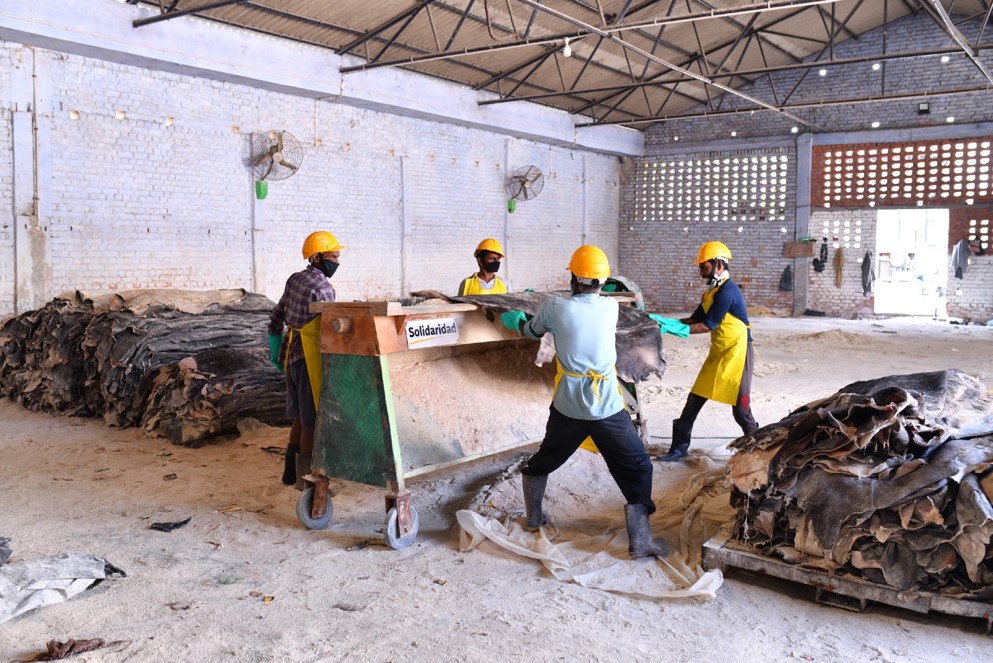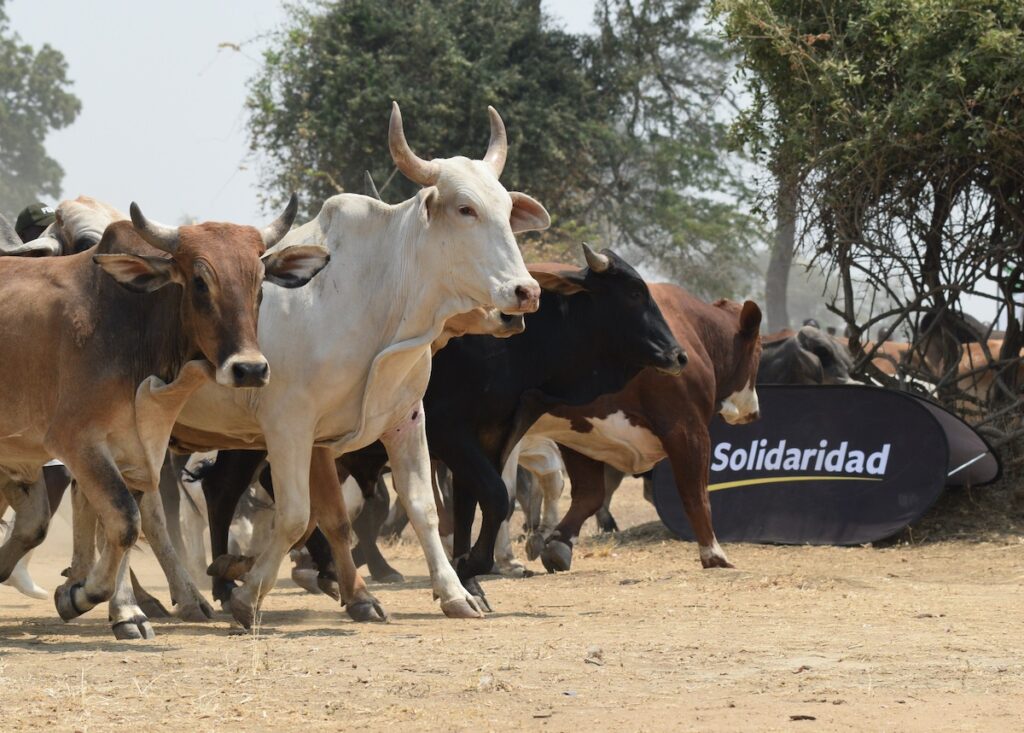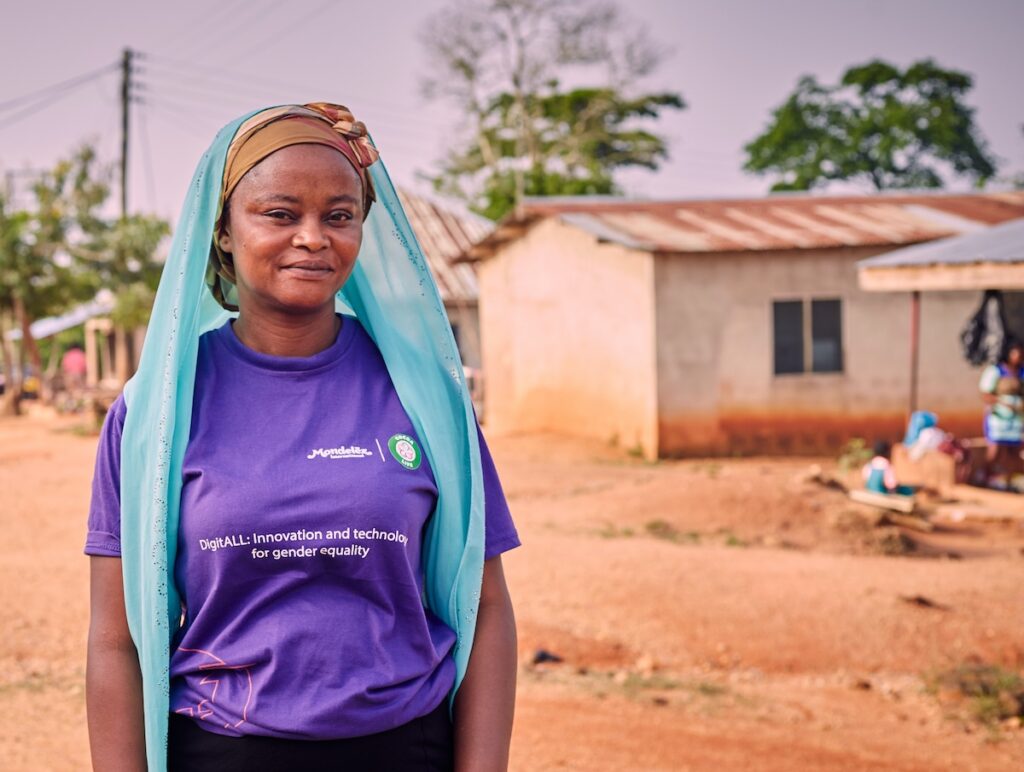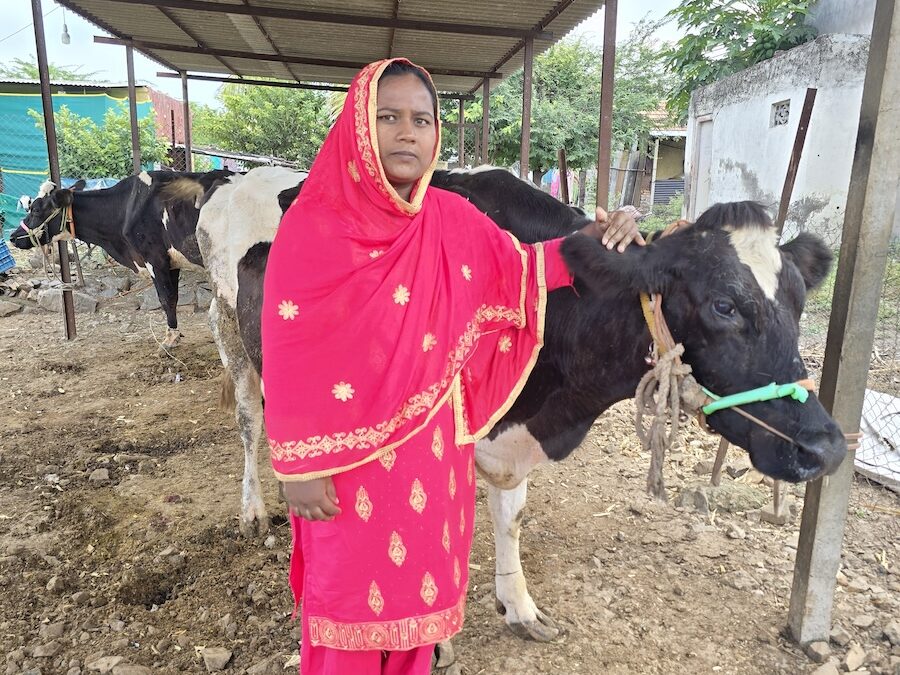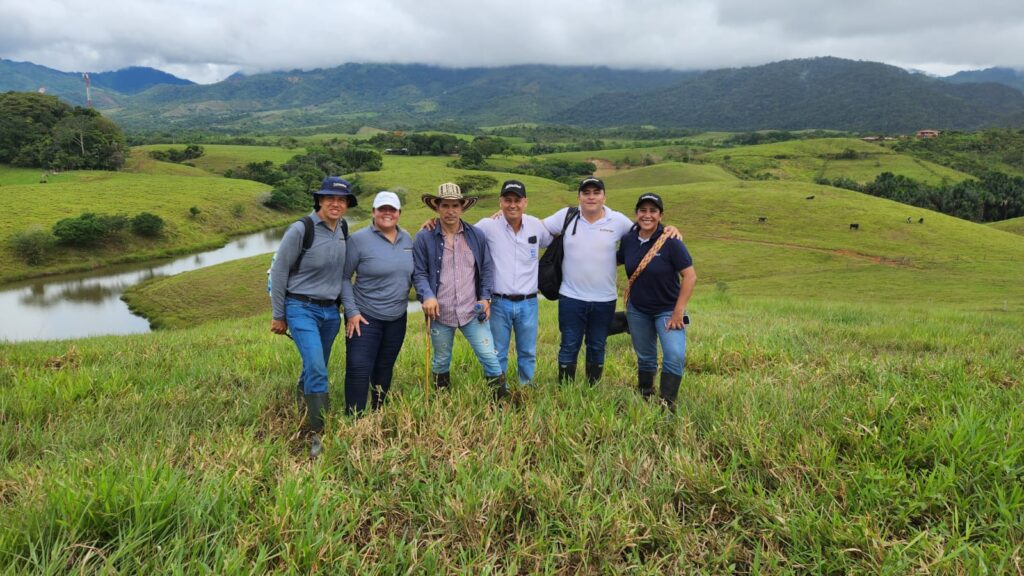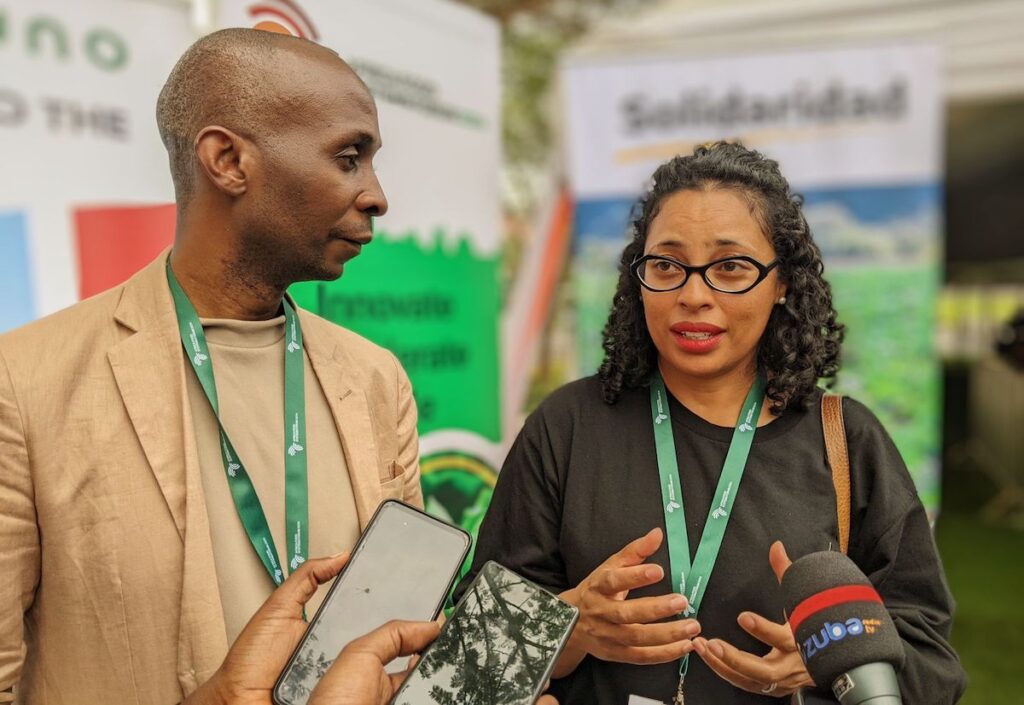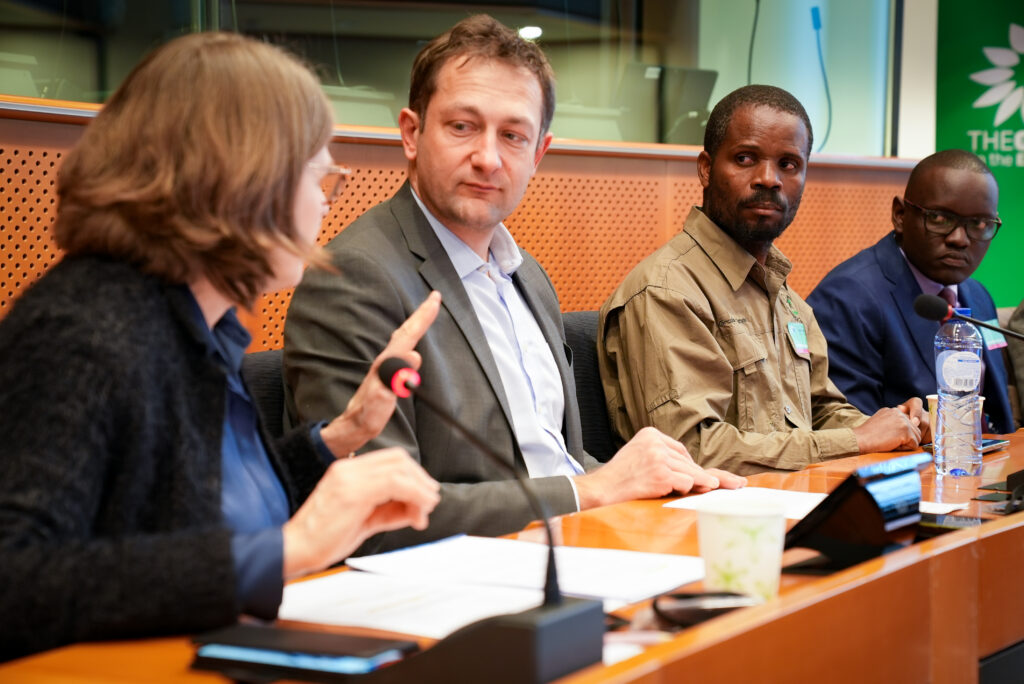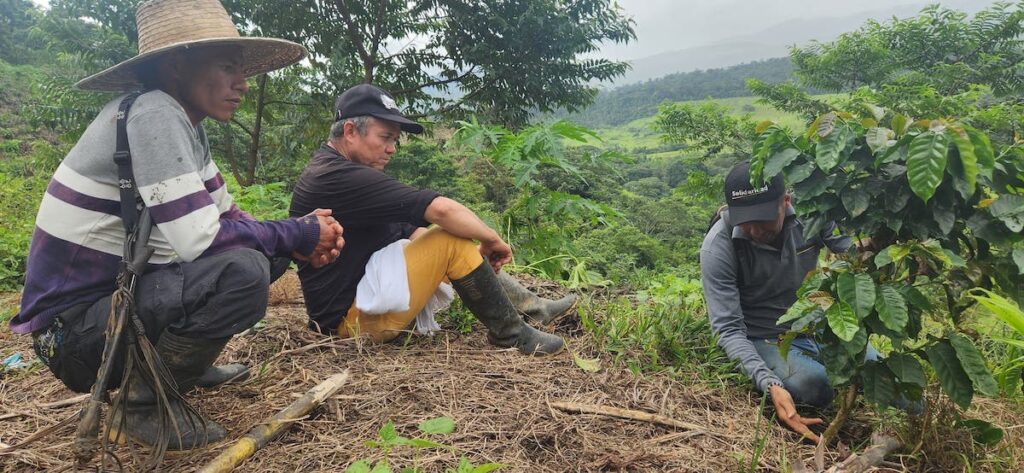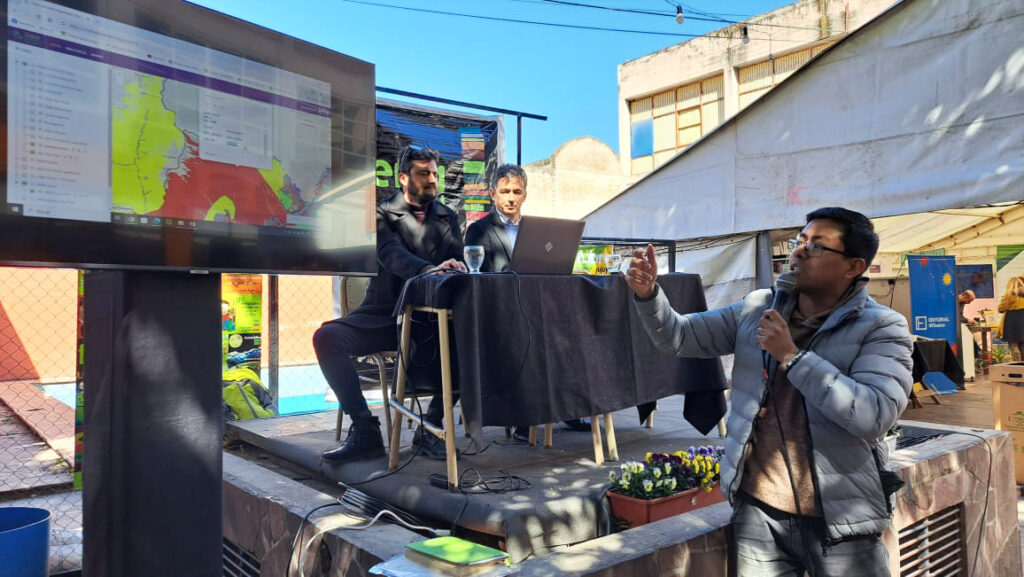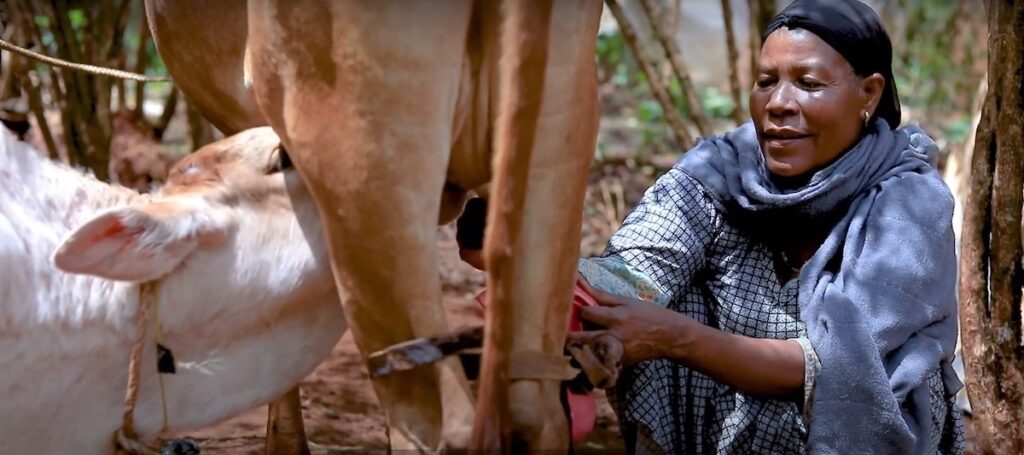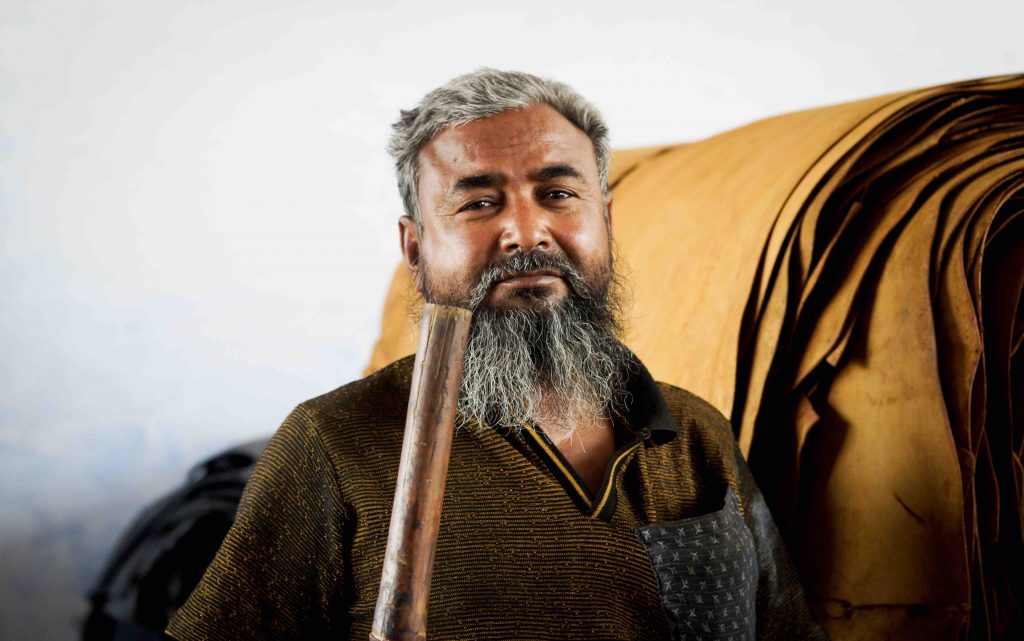
Challenges
Polluting practices
Leather processing takes place in almost every country in the world with millions of people working in the industry. This brings with it considerable social and environmental challenges in each step of the chain, from livestock farming to slaughterhouses, tanneries to manufacturing.
With the success of electro-oxidation treatment, we would be able to re-circulate almost 100% of the water we use. We aim for a zero-liquid waste process.
Taj Alam, Uttar Pradesh Leather Industry Association, India
Solutions
Cooperation is crucial
Our work brings people in and around the leather supply chain together to find, test and share solutions worldwide. Cooperation in the supply chain is crucial to promote sustainability. That’s why we work in collaboration with both local and international partners on our projects.

If I buy a shirt, I want the best quality I can afford. If I eat, I want good food. So if I run an industry, why shouldn’t I want to do that in the best way possible?
Ghulam Sabir, Gujarat Tanners, India
Achievements
Scaling our work
In our aim to empower and upskill the tannery workforce in India, Solidaridad has forged a strategic partnership with the Council for Leather Exports to train 150,000 workers over 5 years on innovative and circular practices and create a green and skilled workforce and shape a sustainable future for the industry.
To promote a competitive, inclusive, and sustainable leather sector in Tanzania and Zimbabwe, 41 small and medium enterprises were trained in leather crafts. Additionally, a virtual design studio was set up.
In Ethiopia, 15 industrial experts (including 12 women) participated in a trainer-of-trainers programme focused on managing tannery solid waste. A training and learning module and curriculum were created and adopted by 38 leather training institutions
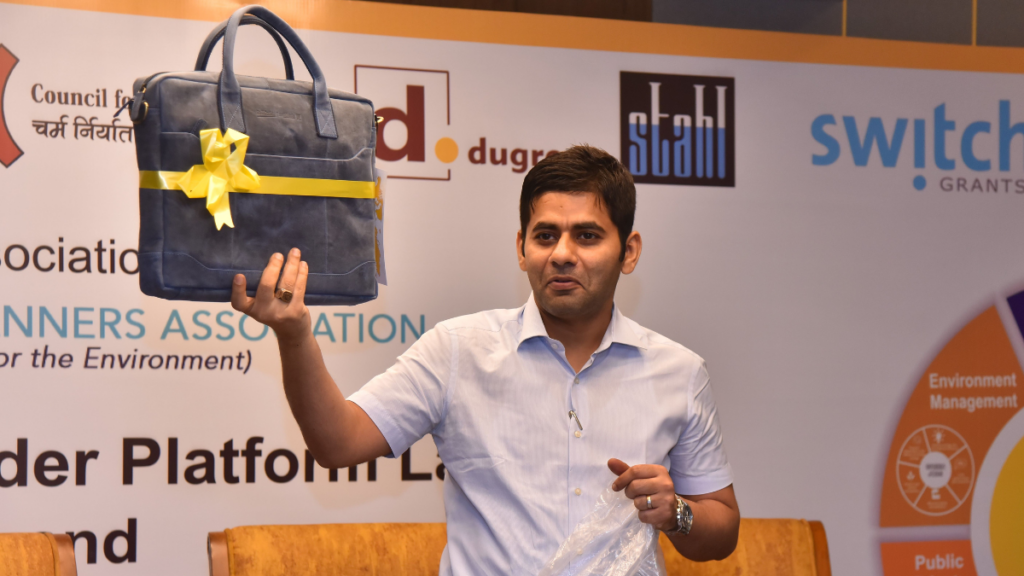
Participation in all levels
The success of our leather projects in Kanpur and Kolkata is being recognized, both nationally and internationally, for reducing pollution and conserving water during leather processing. The results are now replicated in another major leather cluster in Tamil Nadu, India.
In Zimbabwe, we trained 21 participants, each representing a Small and Medium Enterprises cluster, on footwear design and manufacturing, increasing their participation in the leather value chain.
Our efforts in the leather value chain in Ethiopia’s Modjo City and Colba focused on training on effective resource management and the use of the appropriate tools and methods to increase safety and decrease environmental impact during production.
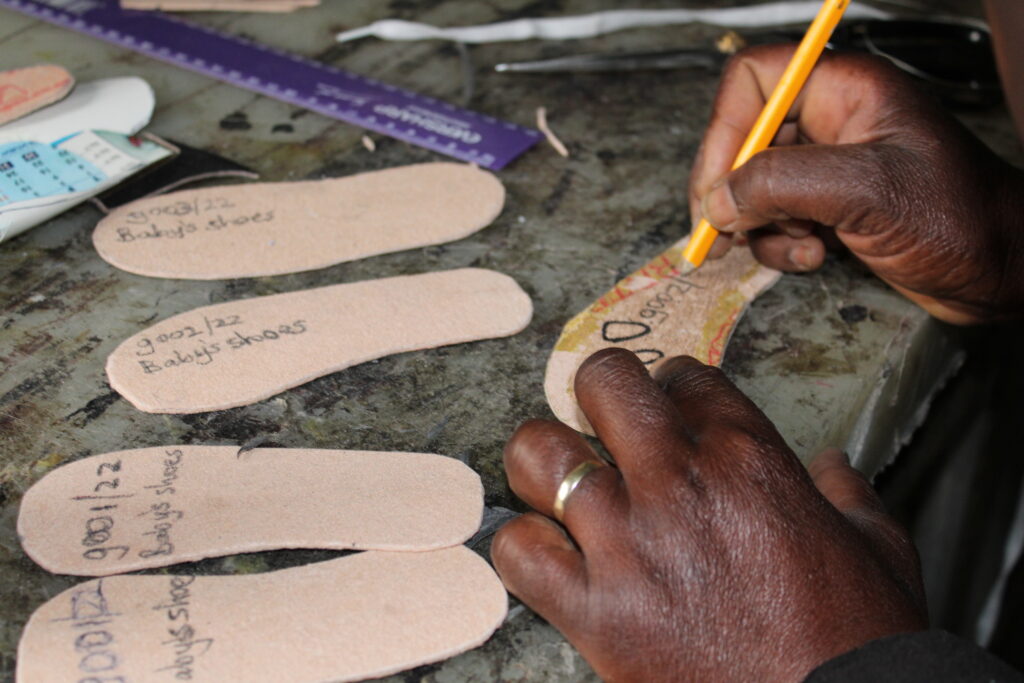
A safer and cleaner production
Bulk trails for chrome-free leather production were successfully completed in Batu Tannery. The process aims to enhance cleaner/eco-friendly leather production, and to improve labor conditions and business management of tanneries in Ethiopia.
Twenty-six leather companies are now listed on the Ethiopean Leather Platform to enhance linkages with local and international markets.
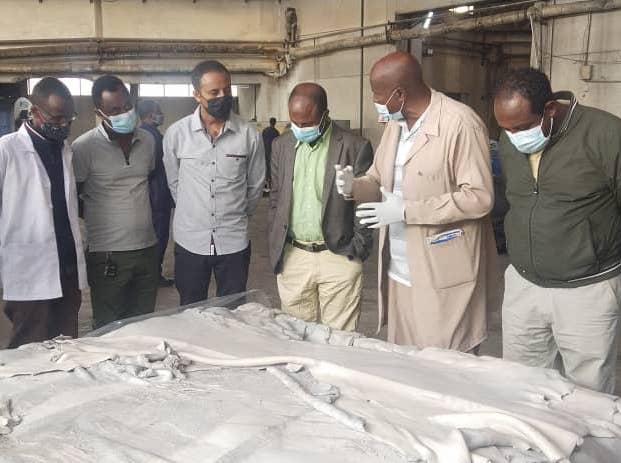
Quality improvements
In Ethiopia, we achieved a 17 percent reduction in the rejection rates of hides and skins from slaughterhouses. The improvement in quality of hides and skins is attributed to training and routine follow up on reduction of defects, such as deformation, holes, and knife cuts, targeting slaughterhouses.
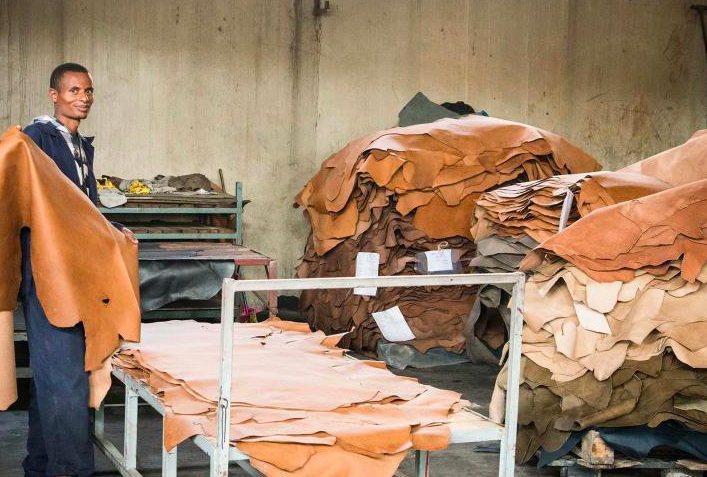
Hitting milestones
Our leather programme witnessed some major milestones. A multi-stakeholder platform was successfully launched under the auspices of the National Mission for Clean Ganga. Successful pilots included reducing sulphides and other chemicals in the waste water stream, and zero waste discharge through electro-oxidation.
Ethiopia’s Green Tanning Initiative (GTI) project supported 23 tanneries and three abattoirs through various workshops on cleaner leather production, and a first B2B matchmaking mission attracted representatives from seven European leather-sourcing companies to Ethiopia.

Pollution prevention
In the project “Pollution prevention and efficient water use in the Kanpur Unnao leather cluster” in India and in the Green Tanning Initiative in Ethiopia, Solidaridad has kick-started promoting sustainability in the leather sector, in partnership with local stakeholders and global actors in the value chain.
